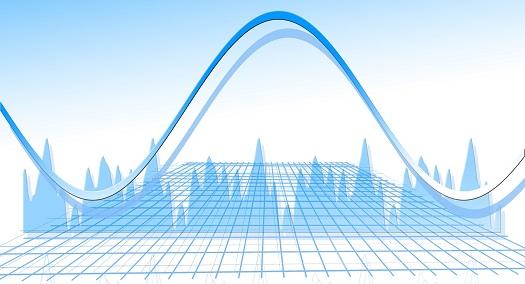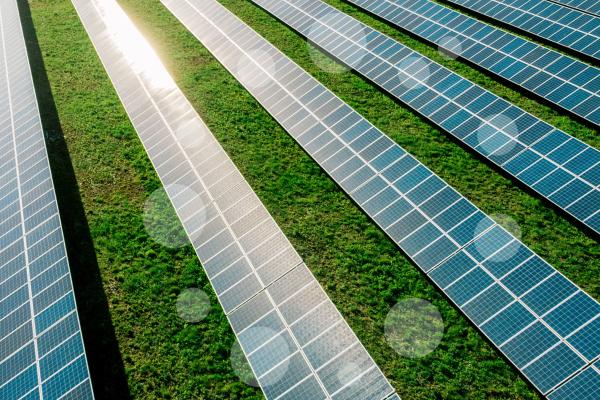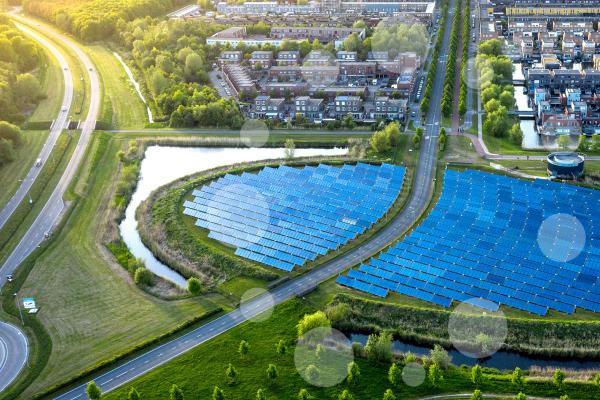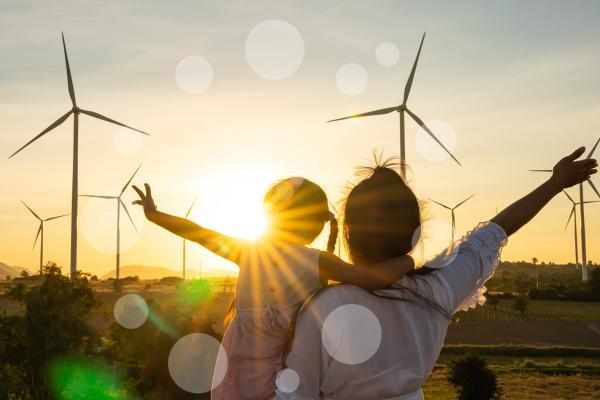
According to the latest of these reports, "Energy Consumption and Energy Efficiency Trends in the EU-27 2000-2020", the EU reduced its energy consumption from 2000 to 2020 by 11.5% in primary energy and 7.4% in final energy, and achieved the EU 2020 primary and final energy consumption targets in that year. However, this was - to a great extent - the result of the COVID-19 lockdown measures.
Remarkably, a significant reduction started soon after EU energy efficiency policies came into effect in 2006. Moreover, a considerable penetration of renewables in the energy mix, coupled with a reduction in the use of oil products, was also detected.
Specifically, the study explores any progress made by the four main end-use economic sectors: residential, tertiary, transport and industry. Referring to the 2020 energy data supplied by Eurostat, it tracks variations in the use of electricity and natural gas, taking into account renewable energy sources in the energy mix, to identify new energy consumption trends. Energy indicators such as energy intensity and energy consumption per capita are also analysed, along with economic growth, population, weather conditions, household characteristics, energy prices and other factors that can influence the trends.
Encouraging decreasing trends in energy consumption occurred in all main end-use sectors, except the tertiary sector - the fastest-growing economic sector. This indicates that growth correlates to the rise in energy use, a trend expected to continue due to the ongoing EU tertiarization process and the expanding electricity-hungry IT sector and data centres.
Concluding remarks point to the need of intensifying policy, behaviour change and technological efforts, in order to prepare for the challenges ahead of the post-pandemic recovery and ensure the achievement of the EU 2030 primary and final energy consumption targets.
The next report is due for release at the end of December 2023.



